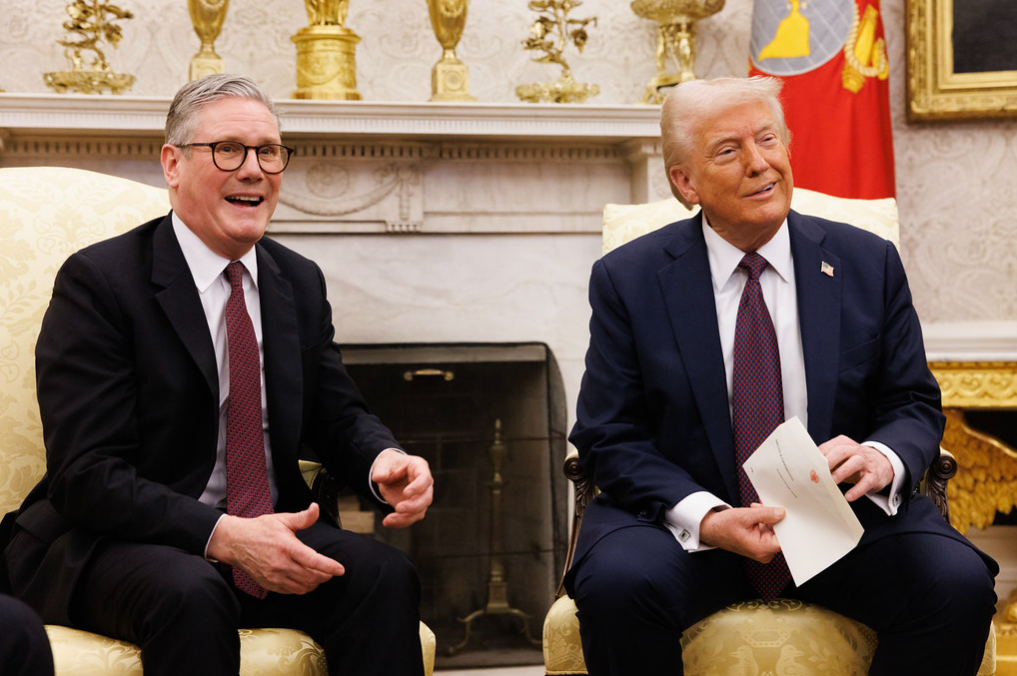Mia Khalifa, a former adult film star, recently shared a distressing encounter that left her in tears, highlighting the lasting impact of her brief career in the adult film industry. Despite having left the industry years ago after only a few months of involvement, Khalifa’s past continues to provoke unwelcome remarks, underscoring the challenges she faces in moving beyond her old persona.
The incident occurred during a business lunch in London, where Khalifa was celebrating a new partnership with a company. While dining, she was approached by a fan who requested a photo. Khalifa, feeling it was inappropriate given the setting, declined the request. This led to an unsettling comment from the fan’s girlfriend, who crudely referenced Khalifa’s past work, insinuating that Khalifa was not recognizable without the explicit context of her former job. This comment deeply affected Khalifa, driving her to tears and prompting her to seek solace in the restroom.
Khalifa’s reaction sheds light on the personal toll such encounters can have, particularly when they occur in professional settings where she seeks respect for her current endeavors. The businessmen accompanying her provided support, showing understanding and empathy towards her situation, which did not affect their professional relationship.
Moreover, Khalifa’s experience in the adult film industry is intertwined with her personal history of manipulation and control. She disclosed in an interview on “Diary Of A CEO” podcast that her entry into the industry was influenced by an abusive relationship in her late teens. Her ex-husband, a U.S. Army member at the time, pushed her into adult film, a decision she now views as grooming. The psychological impact of this manipulation is profound, as Khalifa described herself as a “toy” for her then-husband’s whims.
Despite the brief duration of her adult film career, the repercussions have been long-lasting and severe, including being disowned by her family. Khalifa’s story is a poignant reminder of the enduring nature of public scrutiny and personal regret, as she acknowledges that some mistakes are considered unforgivable in the eyes of many, including her loved ones.
This encounter and its aftermath not only highlight the societal challenges faced by individuals like Khalifa who wish to move forward from their pasts but also underscore the need for empathy and understanding in personal and professional interactions. Khalifa’s experience serves as a compelling example of the ongoing struggle to reclaim one’s narrative and the importance of support and respect in facilitating that journey.




